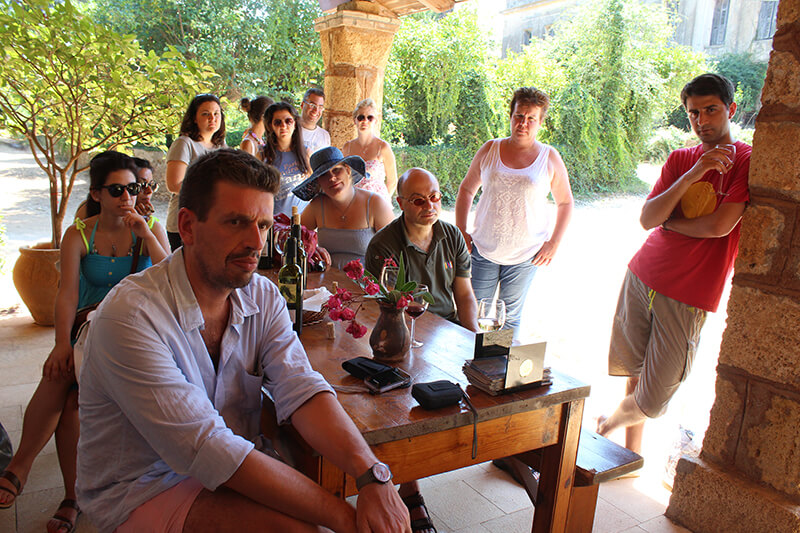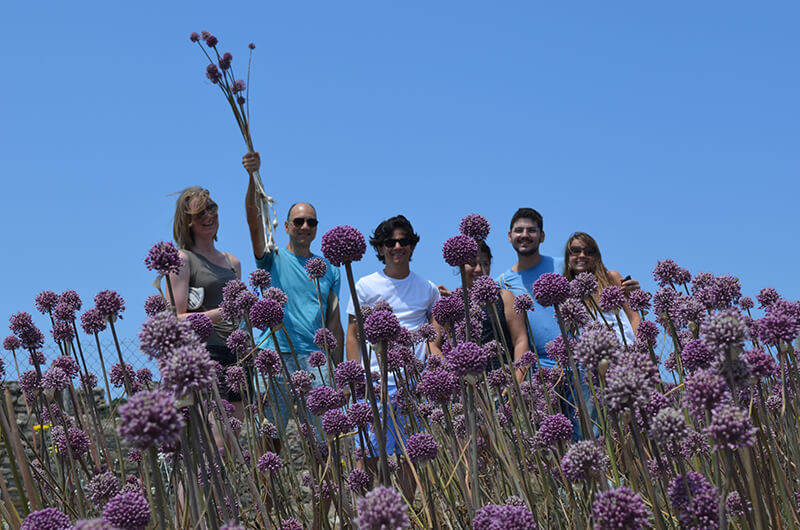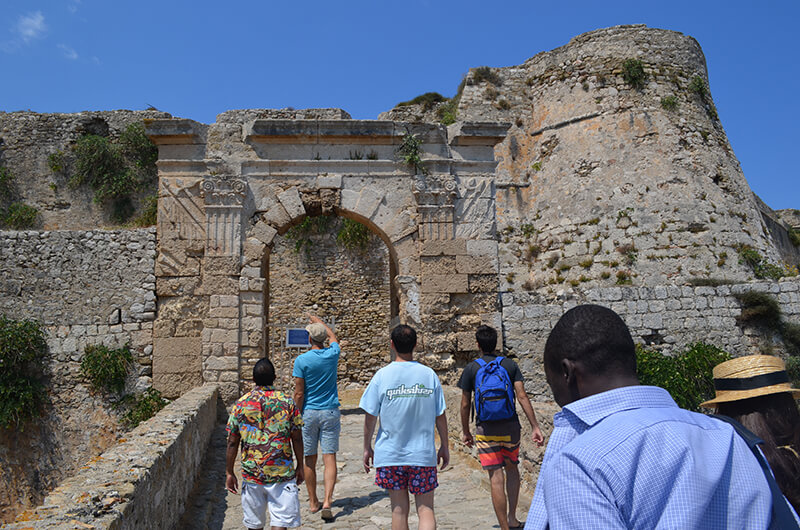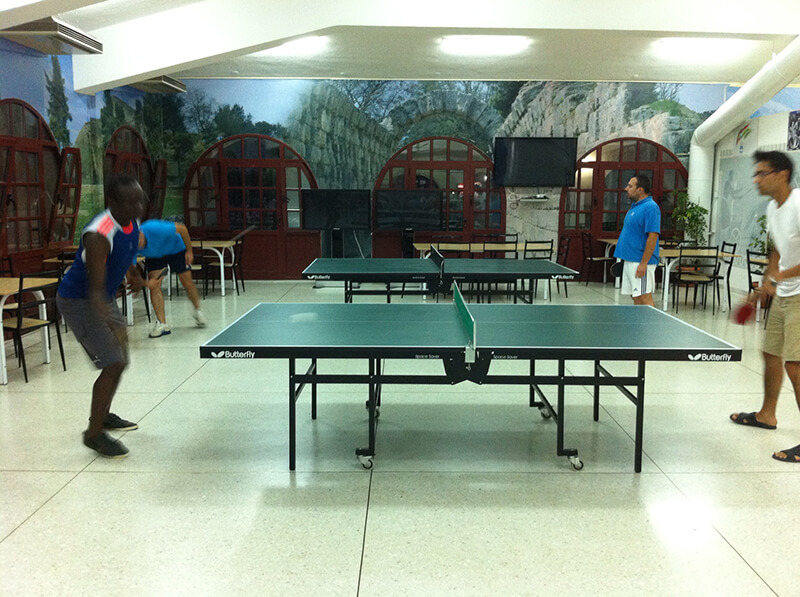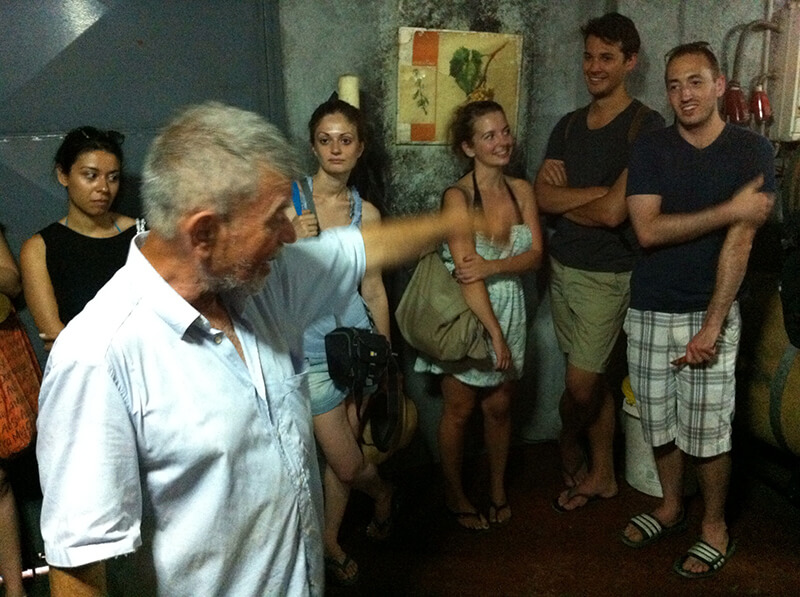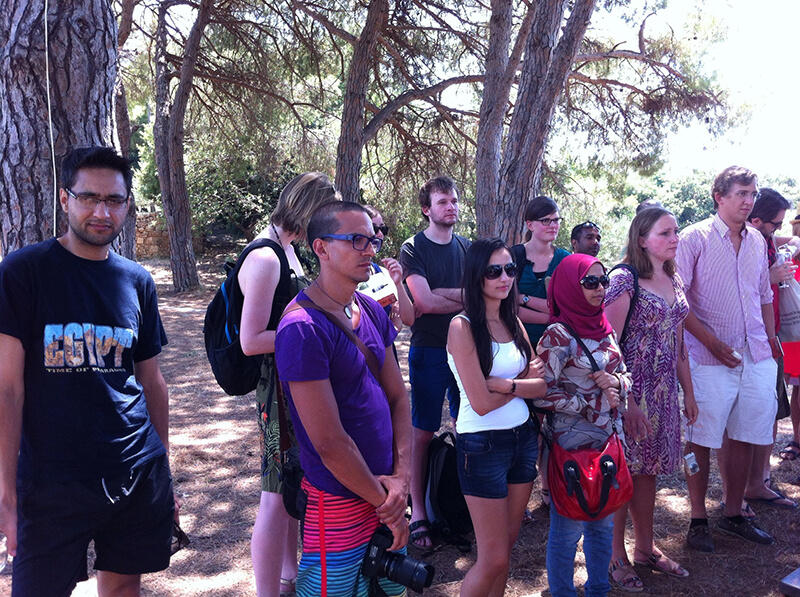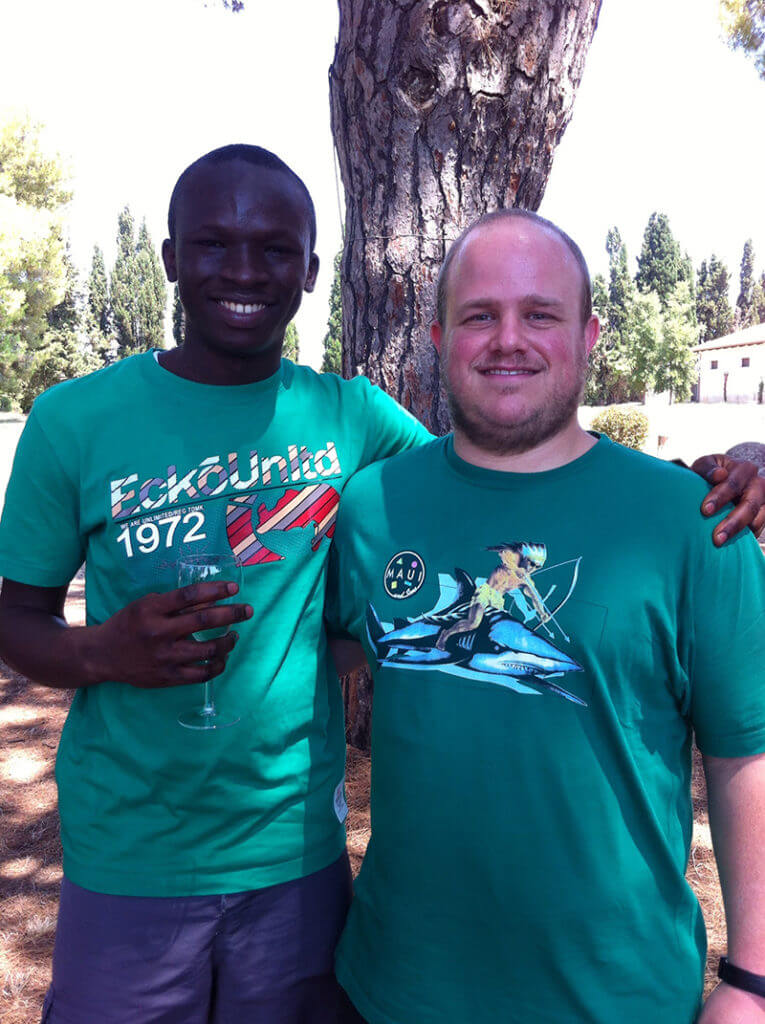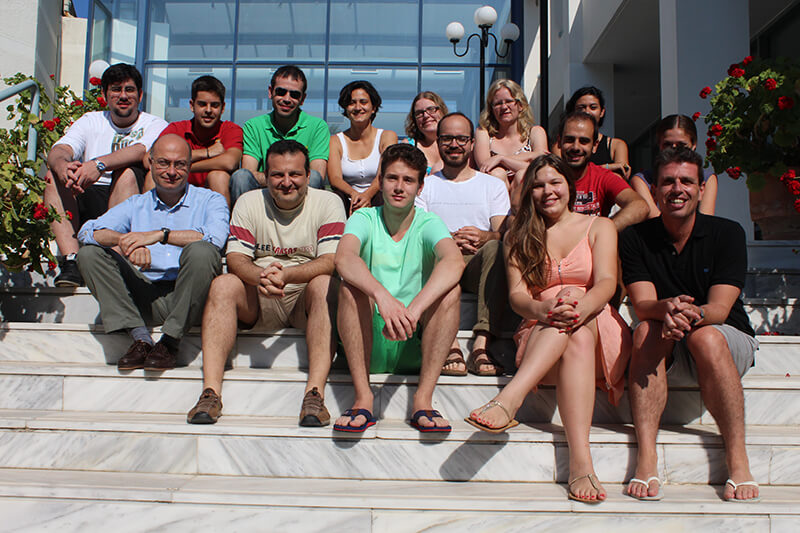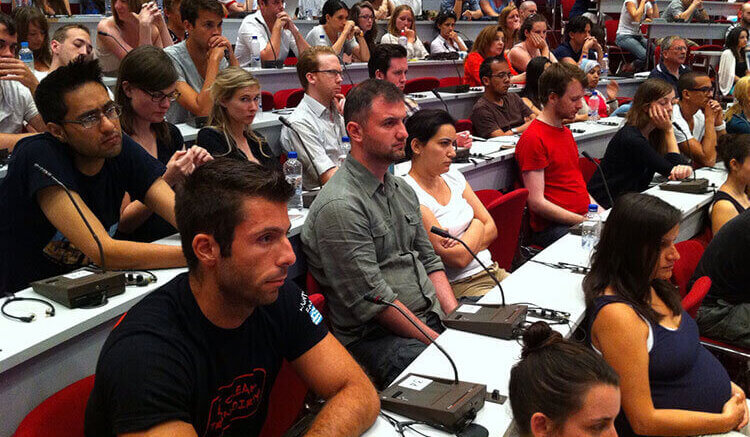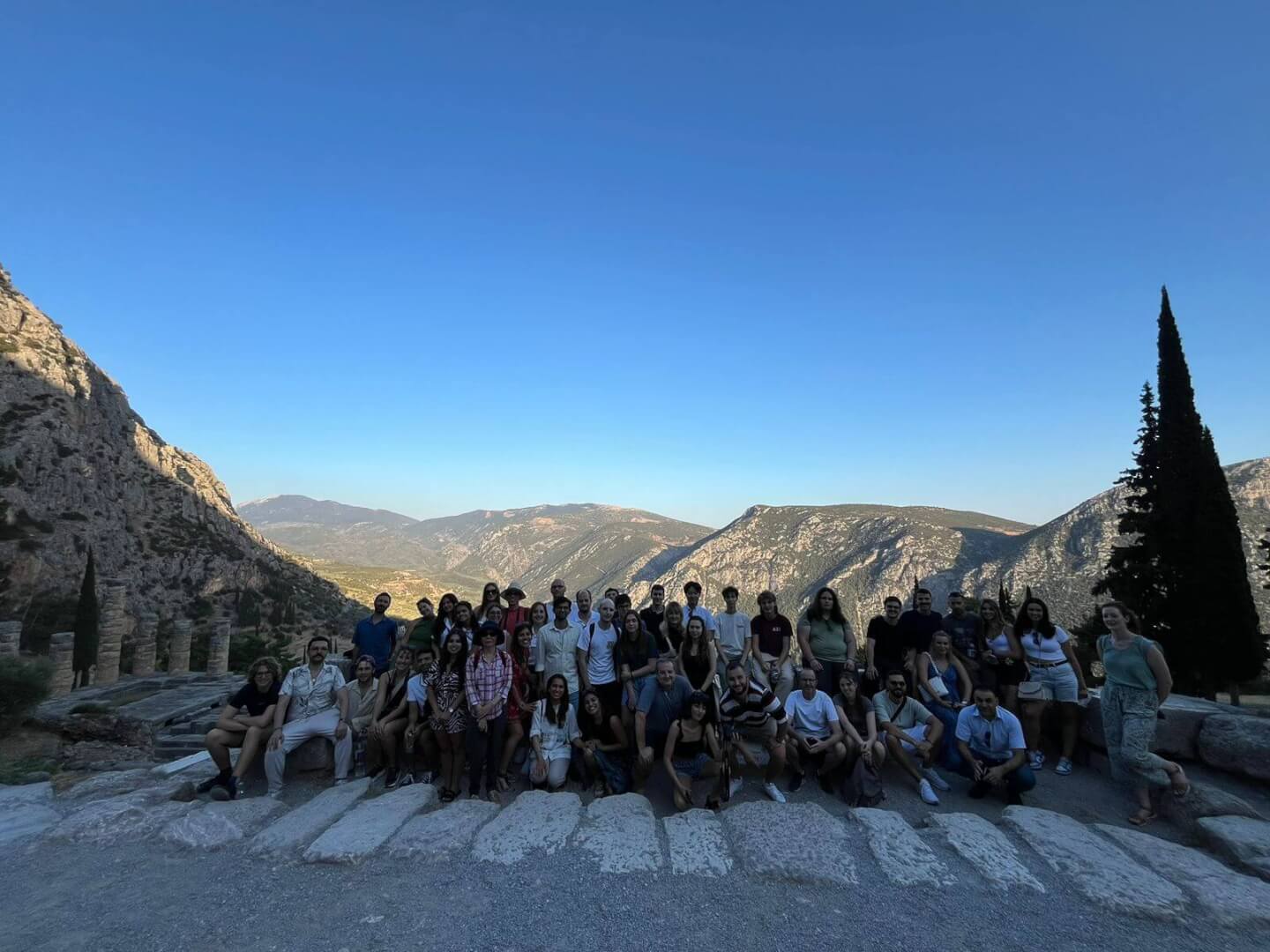Course Structure & Faculty
This year’s Olympia Summer Academy will run in parallel course-cycles:
Conflict & Political Violence
Terrorism and Counterterrorism
Political Risk Analysis
Religion and International Politics
History & Philosophy of IR
July 4-15, 2013
Ancient Olympia, Greece
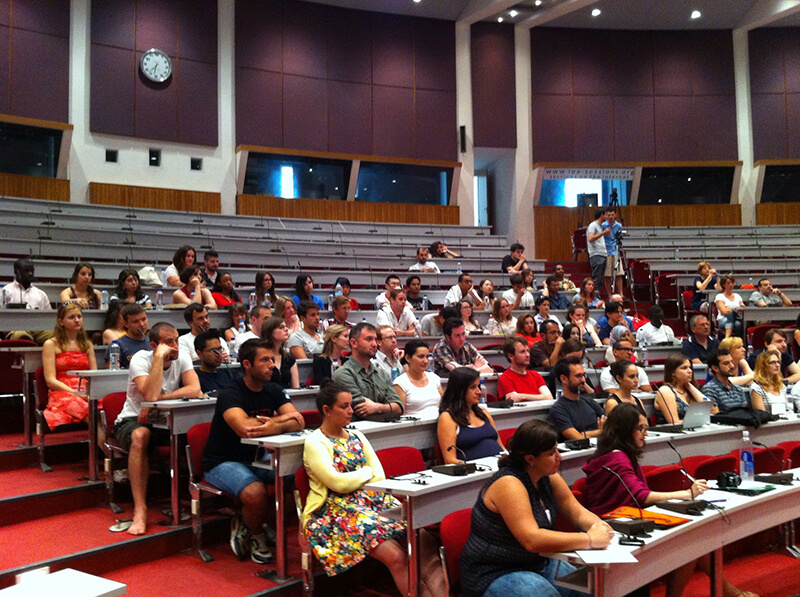

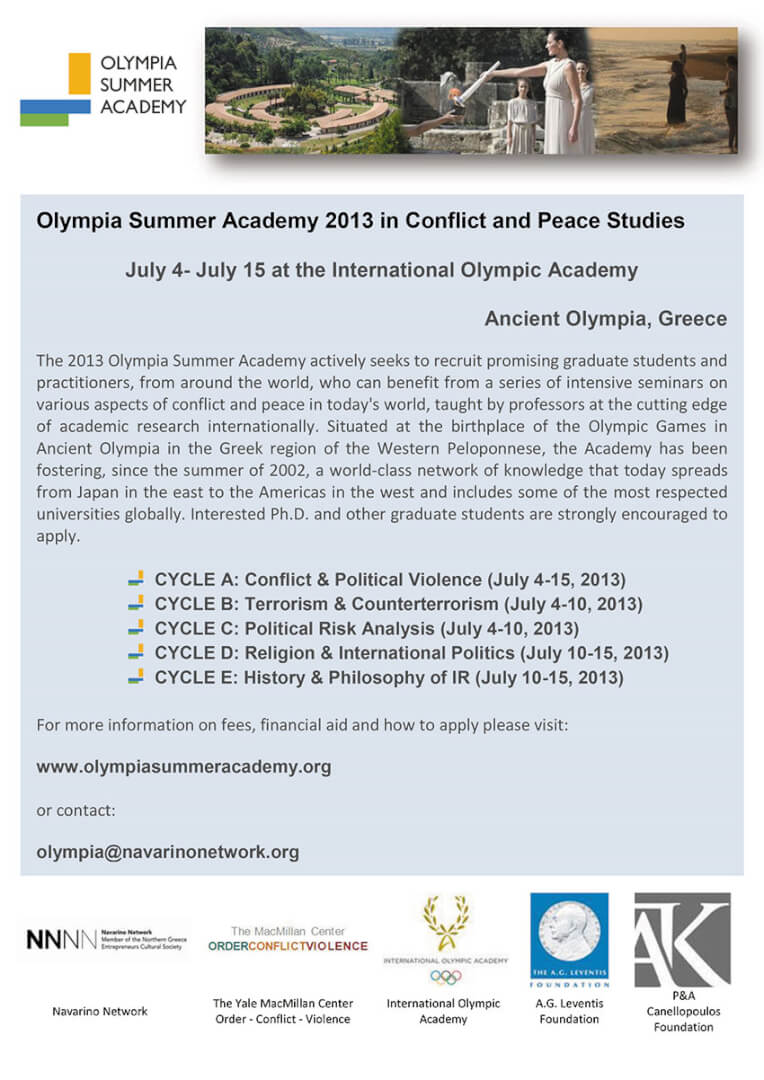
A: Conflict & Political Violence

Course Description
The discipline of IR has been deeply divided on many theoretical issues throughout its history. Many of these debates have been linked to developments in the philosophy of social sciences. Indeed, to slightly paraphrase Lakatos’s felicitous observation, “philosophy of IR without history of IR is empty; history of IR without philosophy of IR is blind”.
This remark captures accurately the aim of this course, whose purpose is twofold: a) to provide an overview of the state-of-the-art in IR theory; and b) to maintain a focus on the flow of theoretical ideas in the history of IR and connect this evolution with issues in the philosophy of social sciences in a synthetic and accessible way. By the end of the course, students will have acquired a good grasp of the main meta-theoretical issues in the discipline of IR and the social sciences more broadly. An integral part of the course is a workshop where students can present their ongoing research and receive feedback from faculty and peers.
Faculty
Alexander B. Downes (Ph.D. Chicago), Associate Professor of Political Science and International Affairs, The George Washington University and author of Targeting Civilians in War
Ana Maria Ibañez (Ph.D. Maryland), Associate Professor, Department of Economics, Universidad de los Andes
Stathis Kalyvas (Ph.D. Chicago), Arnold Wolfers Professor of political science, Yale University; director of Yale’s Program on Order, Conflict, and Violence and author of The Logic of Violence in Civil War
Sinisa Malesevic (Ph.D. Uvniversity College Cork), Professor, School of Sociology, University College Dublin and author of The Sociology of War and Violence
B: Terrorism and Counterterrorism
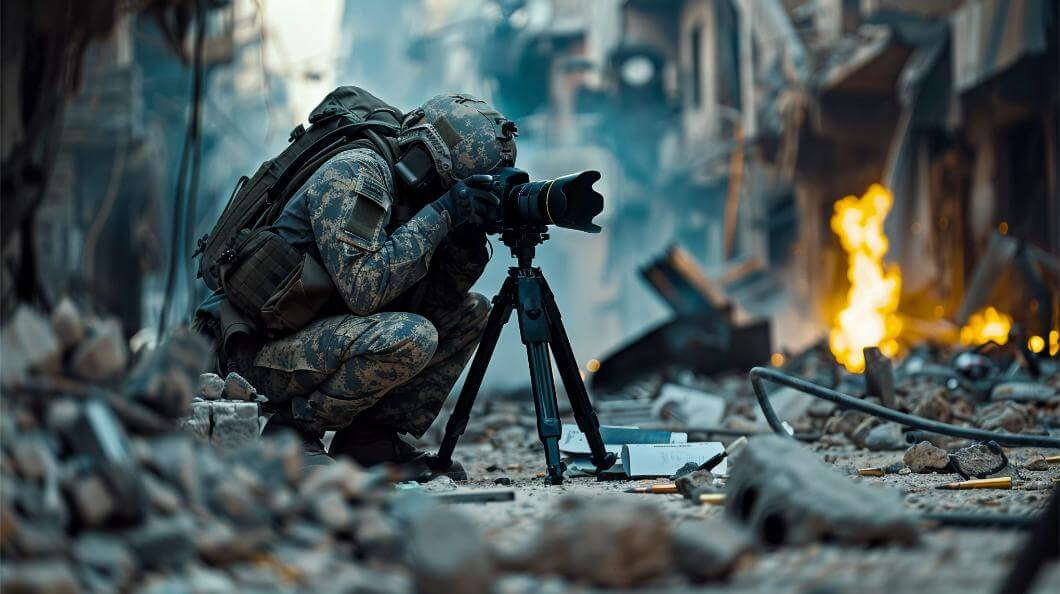
Course Description
The discipline of IR has been deeply divided on many theoretical issues throughout its history. Many of these debates have been linked to developments in the philosophy of social sciences. Indeed, to slightly paraphrase Lakatos’s felicitous observation, “philosophy of IR without history of IR is empty; history of IR without philosophy of IR is blind”.
This remark captures accurately the aim of this course, whose purpose is twofold: a) to provide an overview of the state-of-the-art in IR theory; and b) to maintain a focus on the flow of theoretical ideas in the history of IR and connect this evolution with issues in the philosophy of social sciences in a synthetic and accessible way. By the end of the course, students will have acquired a good grasp of the main meta-theoretical issues in the discipline of IR and the social sciences more broadly. An integral part of the course is a workshop where students can present their ongoing research and receive feedback from faculty and peers.
Faculty
Richard English (Ph.D. Keele), Director of the Centre for the Study of Terrorism and Political Violence (CSTPV) and Bishop Wardlaw Professor of Politics in the School of International Relations, University of St. Andrews
Andreas Gofas (Ph.D. Warwick), Marie Curie Fellow, University of Sheffield; Lecturer in International Relations, Panteion University of Athens.
Stathis Kalyvas (Ph.D. Chicago), Arnold Wolfers Professor of political science, Yale University; director of the Program on Order, Conflict, and Violence at Yale and author of The Logic of Violence in Civil War.
Sinisa Malesevic (Ph.D. University College Cork), Professor, School of Sociology, University College Dublin and author of The Sociology of War and Violence
Harry Papassotiriou (Ph.D. Stanford), Professor of International Politics, Panteion University of Athens; IIR Director.
C: Political Risk Analysis

Course Description
In recent times, financial investors and multinational corporations have become more aware of the need to “go beyond economics” and integrate political factors into their decision-making process. From the ongoing transformation of the Middle East to the Eurozone sovereign debt crisis, politics currently lie behind the most important global market-shaping events. The objective of the course is to explore ways in which political risk can be analyzed and managed in a range of environments.
The course is structured to provide participants with a good theoretical understanding of the concept, but also with analytical tools to identify, trace and measure political trends that can affect business and investment interests. We will examine political risk in both emerging markets and developed economies and cover specific sources of risk such as domestic instability, geopolitics or regulation. The course will rely heavily on case studies ranging from transnational to local examples. Simulations covering current political events will also be used in order to encourage a hands-on approach of participants and help them design strategies to manage and mitigate political risk.
D: Religion and International Politics

Course Description
The idea that religion matters in international politics is no longer a subject of much controversy in academia. Yet, this welcome break from a rather long-standing disciplinary “securalizing” silence/bias has, nevertheless, yielded rather little in terms of robust theorizing on how religion matters to politics at the national, international, and transnational contexts. This cycle offers a survey of the state of the field when it comes to understanding the nexus between religion and politics.
Our regional focus will be comparative, with particular emphasis on cases from Turkey, EU, and Greater Middle East. We will examine the role that religious issues play in the practice of international relations and, in particular, their influence on nationalism and identity politics, democratization, international norms, foreign policy, conflict and violence, and peace and negotiation, so as to allow students to leave the cycle with a provocative and rigorous overview of an evolving and fascinating field of inquiry.
Faculty
Dimitris Keridis (Ph.D. Tufts), Associate Professor of International Relations, Panteion University of Athens.
Paschalis Kitromilides (Ph.D. Harvard), Professor of Political Science, University of Athens
E: History & Philosophy of IR

Course description
The discipline of IR has been deeply divided on many theoretical issues throughout its history. Many of these debates have been linked to developments in the philosophy of social sciences. Indeed, to slightly paraphrase Lakatos’s felicitous observation, “philosophy of IR without history of IR is empty; history of IR without philosophy of IR is blind”.
This remark captures accurately the aim of this course, whose purpose is twofold: a) to provide an overview of the state-of-the-art in IR theory; and b) to maintain a focus on the flow of theoretical ideas in the history of IR and connect this evolution with issues in the philosophy of social sciences in a synthetic and accessible way. By the end of the course, students will have acquired a good grasp of the main meta-theoretical issues in the discipline of IR and the social sciences more broadly. An integral part of the course is a workshop where students can present their ongoing research and receive feedback from faculty and peers.
Faculty
Andreas Gofas (Ph.D. Warwick), Marie Curie Fellow, University of Sheffield.
Stefano Guzzini (Ph.D. EUI), Professor of Government, Uppsala University; Senior Researcher at the Danish Institute for International Studies.
Harry Papassotiriou (Ph.D. Stanford), Professor of International Politics, Panteion University of Athens; IIR Director.
